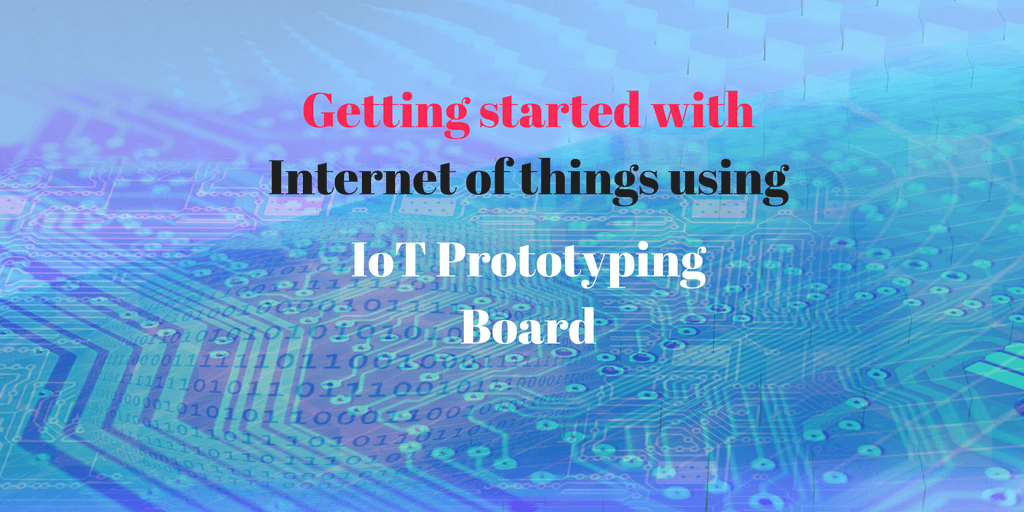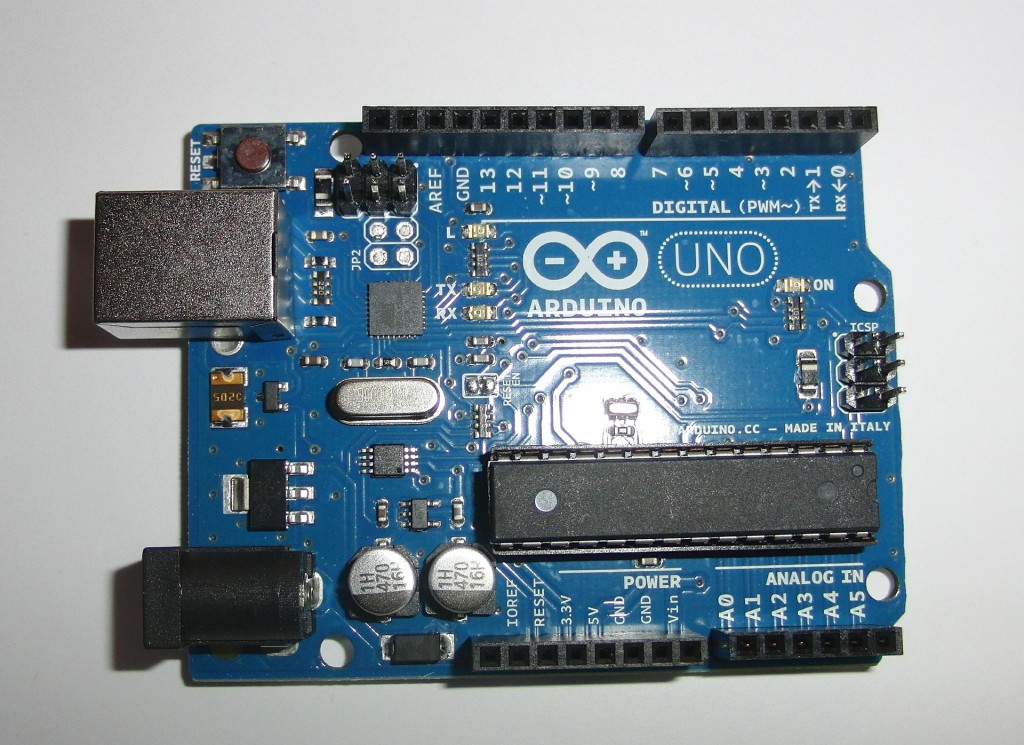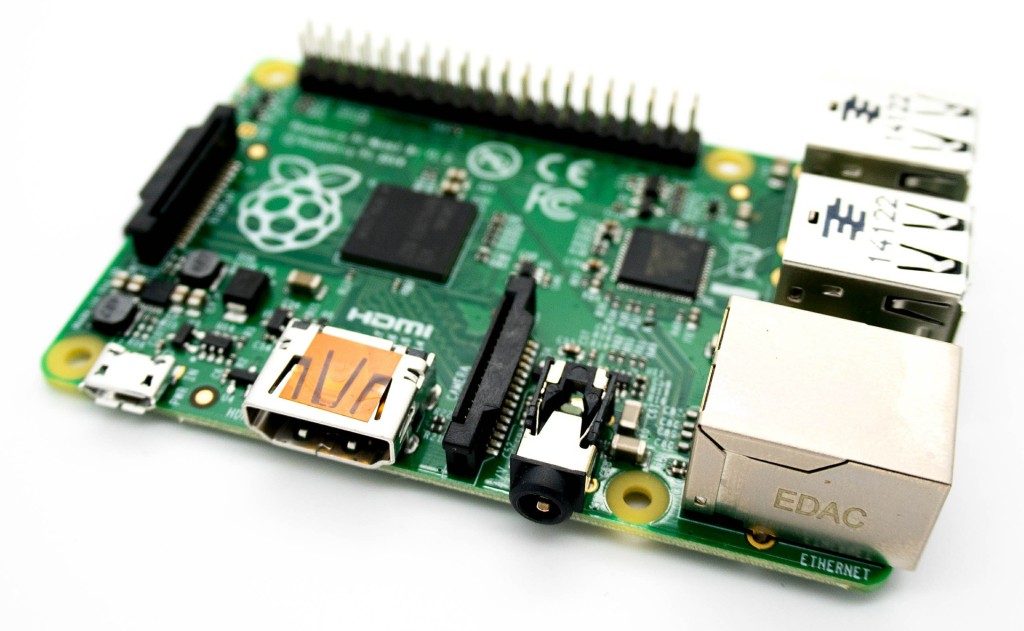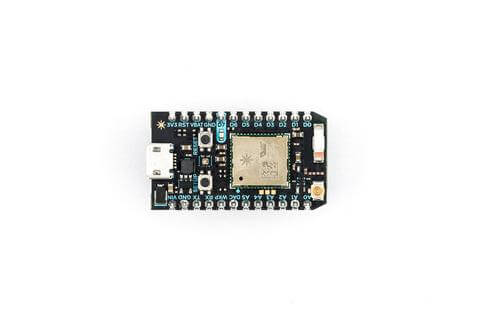Getting started with Internet of things using IoT Prototyping board
This post describes a set of IoT prototyping board that are useful to develop IoT projects. As we may know already, Internet of things, or shortly IoT, is the next big thing in the near feature. The interest in this topic is growing fast lately. As already described in the article Getting started with IoT , to start prototyping an IoT project is necessary to have an IoT prototyping board . When approaching for the first time to the Internet of things is difficult to select the right IoT prototyping board, so this article wants to give some hints. Before digging into the prototyping board, it is useful to have an overview about IoT.
What is Internet of things (IoT)?
I covered this topic several times, but if you are new to it, I report here a brief description. There isn’t only one simple description of IoT but there are several definitions taking into account different aspects. Generally speaking, IoT is the convergence between Wireless technologies, microcontrollers, services and Internet. The key factors of IoT are:
- The thing
- Internet
The first one can be any device that is able to connect to the network. A thing or device is a smartphone, a microcontroller, a smartphone, lamps, wearable device, sensors and so on.
The Internet is the mean that connects the devices. So the first requirement is that all the devices must be able to connect to the network so that they can exchange data and information.
These devices through internet exchange information. Using sensors they can collect information about the world around them. These smart things send all this information to other devices or platforms that are able to store it. Every single “object” connected to the net can be the source or the destination of the information flow. It could be the information source when uses sensors. At the same time, it could be controlled remotely by other devices. From this point of view, the security aspect plays an important role: it is necessary to protect somehow the information. For this reason, security is a big issue.
So it is clear how IoT will impact our everyday life. There are some areas where IoT will have a great impact:
- agriculture
- energy
- healthcare
- transportation
- logistics
Cloud IoT platforms
In IoT ecosystem, an important role is played by IoT cloud platforms. These platforms help to develop IoT projects. They are able to store data in the cloud or automate some process. Moreover, they are useful because they “move” the business logic outside of the smart things so that they can have low computation power. All the data collected by these platforms are analysed and can be used to make a prediction using machine learning.
IoT prototyping board
In this scenario, IoT prototyping boards (or development board) play an important role. These boards are microcontrollers and microprocessors with chipsets to handle wireless connections. These development board with Cloud IoT platform enable a fast prototyping process.
Moreover, the spread of these IoT prototyping boards is helped by the low price. Hobbyists and makers can use them in their IoT projects, without investing too much money. For this reason, I think it is helpful to have a list of development boards ready to use in IoT projects.
Arduino Uno
Arduino Uno, for sure, is one the most used development board. It is an open-source development board based on ATmega328P.
The main features are:
- 5V (operating voltage)
- 8bit
- 16MHz
It has, moreover, analog and digital pins. The interesting aspect of this board is it can be expanded using shields. A shield is another board that can be plugged into Arduino Uno that adds new features like GSM, Ethernet connection, WIFI and so on. It is very simple to use and has an official IDE to develop applications (or sketch). There are, also, free and paid IDE that offers more features respect to the official one. Recently, it is possible to add to this board Arduino Yun shield. This shield is made for IoT project and extends the Arduino Uno board features.
Arduino MKR1000
Arduino MKR1000 is one of the latest board. MKR1000 has been designed for IoT projects. It supports natively WIFI connection and it is very easy to use. It is based on the Atmel ATSAMW25.
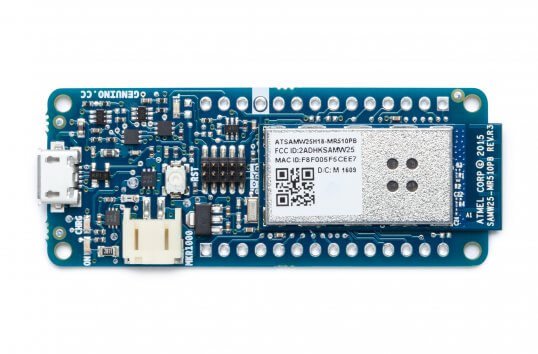
The main features are:
- 3.3V (operating voltage)
- 32bit
- 48MHz
- Built-in WIFI
I made an IoT project with MKR1000 and it is really simple to use. As Arduino UNO, this board supports analog and digital pins, moreover, it can be powered using an external Li-Po battery.
BeagleBone black
This board is a low-cost board supported by the community made for developers and hobbyists. It uses Linux as OS.
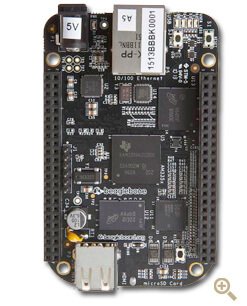
The main features are:
- AM335x 1GHz ARM® Cortex-A8
- 512 Mb RAM
- HDMI
- Ethernet
- USB
Raspberry PI 2 Model B
Raspberry, like Arduino, is one the most used development board. It has various versions with various power capabilities. It can be considered a small computer because it has all the features we can find in a common PC: keyboard, HDMI and so on. It is very small (more or less it is like a credit card) and is powered by Linux. Raspberry PI 2 model B has been replaced by the latest Raspberry PI 3.
Raspberry PI 2 is a 900MHz quad-core ARM Cortex-A7 CPU with 1Gb RAM. Moreover, it has 40 GPIO pins. It supports a full Linux Version. The Raspberry PI 3 compare to the previous version has:
- A 1.2GHz 64-bit quad-core ARMv8 CPU
- 802.11n Wireless LAN
- Bluetooth 4.1
- Bluetooth Low Energy (BLE)
UDOO
UDOO Neo is an interesting board that differs from others. It is a Arduino-Android/Linux device. It has a set of built-in features like WIFI, g-axis motion sensor and Bluetooth support.
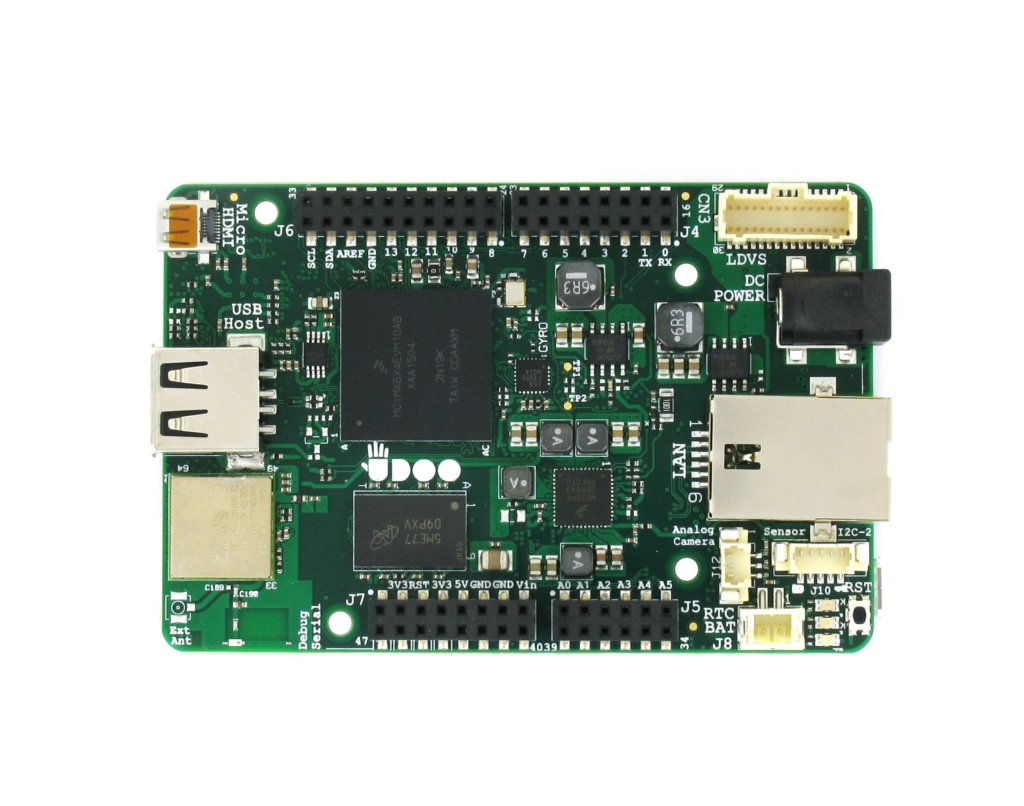
It has three different versions:
- Basic
- Extended
- Full
They have different features and different specs.
Particle Photon
Particle Photon is a very small development board with a built-in WIFI module. This makes it ready for IoT project. It has a set of expansion kits that make the development process faster.
This board uses shields to expand its capabilities.
There are other IoT prototyping boards like Intel (Edison and Galileo) or Samsung Artik, those mentioned above are,in my opinion, the most used and offer a large community support that is useful when you approach IoT world for the first time.
At the end of this post, i hope you gained an overview of what is IoT and how to use IoT prototyping board to getting started with IoT projects. What IoT prototyping board do you use for your projects? … And what project are you developing? Let me know leaving a comment below this post.
References
[2] https://www.raspberrypi.org/
[3] http://www.udoo.org/udoo-neo/
| Reference: | Getting started with Internet of things using IoT Prototyping board from our JCG partner Francesco Azzola at the Surviving w/ Android blog. |

